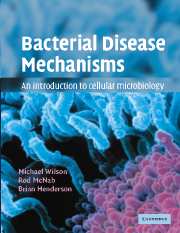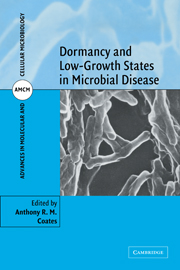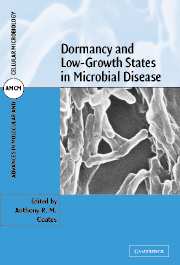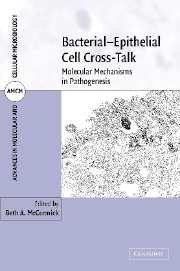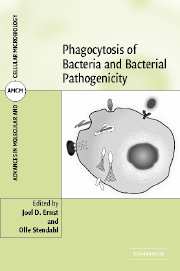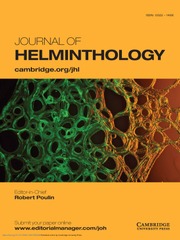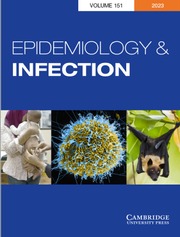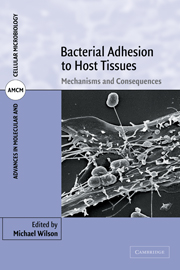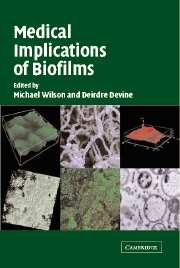Bacterial Disease Mechanisms
Antibiotic resistance and our consequent inability to treat many bacterial infections had fuelled an urgent need to understand the means by which bacteria cause disease. This has lead to a renaissance in research into bacterial disease mechanisms and the birth of a new discipline - cellular microbiology. The fruits of such research and how they have lead to an alternative perspective on bacteria-host interactions are described in this introductory textbook. The central premise is that bacteria have evolved means of manipulating normal host cell functions and overcoming host defence systems to ensure their survival. As well as offering an interesting perspective on the classical bacterial virulence mechanisms, this book outlines the molecular techniques developed to unravel the complexity of bacteria-host interactions. Research may lead not only to a better understanding of disease mechanisms, but also to alternative means of preventing and/or treating bacterial infections.
- Offers an interesting perspective on bacterial disease mechanisms and includes sections on many aspects not featured in other textbooks, as well as molecular techniques and future trends
- Each chapter includes a summary and list of aims, a checklist of key concepts, a list of Internet links and further reading and a 'What's next' section to lead the student into the next chapter
- Two paradigm organisms are used throughout the book to illustrate concepts described and a glossary is provided to aid understanding
Reviews & endorsements
"...the authors provide a comprehensive introduction to this exciting hybrid of disciplines..." ASM News
"...a welcome teaching tool for introducing students to this rapidly growing field.... this text offers a comprehensive look at the molecular mechanisms that allow bacterial pathogens to manipulate normal host cell functions for their own benefit.... the authors do an impressive job of providing an up-to-date view of the major concepts in the interactions between prokaryotic pathogens and their eukaryotic hosts.... Bacterial Disease Mechanisms is likely to become a mainstay for those who teach microbial pathogenesis as well as a useful starting point for researchers interested in acquainting themselves with concepts underpinning this exciting field." Cell become a mainstay..." Cell
Product details
May 2002Paperback
9780521796897
692 pages
250 × 184 × 38 mm
1.22kg
267 b/w illus. 1 colour illus. 131 tables
Available
Table of Contents
- Preface
- Abbreviations used
- 1. An introduction to bacterial diseases
- 2. Bacterial cell biology
- 3. Molecular analysis of bacterial virulence mechanisms
- 4. Communication in infection
- 5. The mucosal surface: the front line of antibacterial defence
- 6. Immune defences against bacteria
- 7. Bacterial adhesion as a virulence mechanism
- 8. Bacterial invasion as a virulence mechanism
- 9. Bacterial exotoxins
- 10. Bacterial evasion of host defence mechanisms
- 11. Bacteria in human health and disease: the future?
- Appendix A. Glossary of terms used
- Appendix B. Brief descriptions of bacteria frequently mentioned
- Index.

